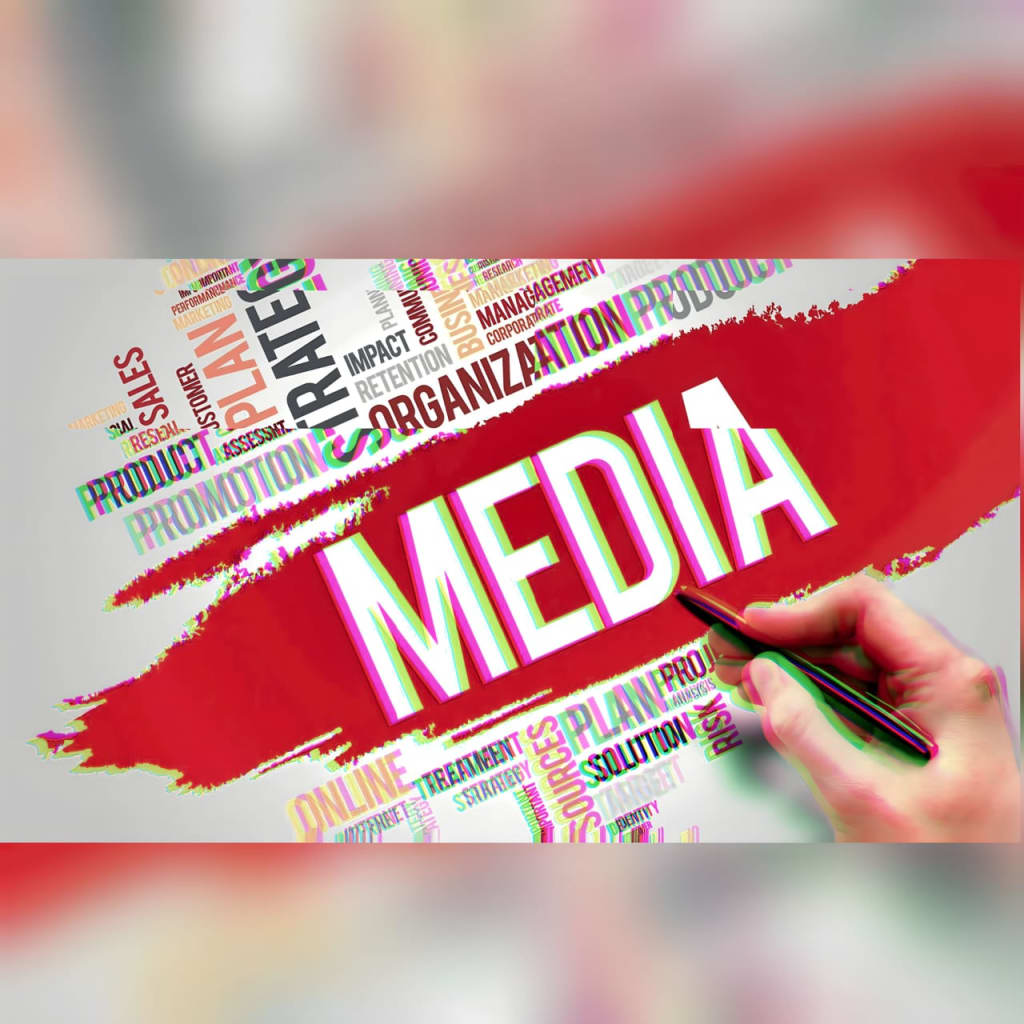
The creation of the printing press by Johannes Gutenberg in the 15th century ignited a media revolution that altered the course of history. A small group of people had access to knowledge because books had to be carefully copied by hand before this revolutionary technology. The printing press made it possible to spread knowledge to the general public. The Renaissance, Enlightenment, and Reformation were a result of the dissemination of ideas, literature, and information, and they irreversibly altered the path of history.
The Radio Program that Sparked a National Movement:
The Japanese attack on Pearl Harbor on December 7, 1941, brought the United States into the Second World War. President Franklin D. Roosevelt delivered his infamous "Day of Infamy" speech over the radio as the country struggled with terror and uncertainty. His stirring comments brought the American people together, stoked their will to defend their nation, and ultimately helped the United States win the war.
The Fall of the Berlin Wall: The Media as a Change-Catalyst:
The Berlin Wall fell on November 9, 1989, marking a turning point in history for the entire world. East and West Berlin had been divided by the wall both literally and metaphorically for many years. The media was vital in propagating the message of change as the Cold War cooled. With cameras in hand, people gathered near the wall to capture the historic moment that signaled the end of a time of division and the start of a new era of optimism and unity.
The Effect of Social Media on the Arab Spring: In 2010, a wave of protests and upheavals against oppressive regimes erupted throughout the Middle East and North Africa. Platforms for social media like Twitter and Facebook were crucial in coordinating and amplifying the voices of the people. These platforms enabled people to communicate with one another, plan protests, and engage with the world at large. The ability of social media to inspire large-scale protests and call for change has demonstrated the medium's revolutionary power.
Investigative journalist Sarah Johnson discovered a hidden network of corruption involving powerful politicians and business tycoons while conducting research for her book, A Journalist's Search for Truth. She suffered intimidation and threats because she was determined to reveal the truth. Unfazed, Sarah put her life in danger to share her research. The public outcry following the story's viral success compelled a thorough investigation that led to the arrest of the responsible people. Sarah's fearless reporting exemplified the critical function of the media in keeping individuals in positions of authority responsible.
The Rise of Citizen Journalism: In an information-rich society, citizen journalism has become a potent force. During crises and disasters, regular people equipped with cellphones transformed into on-the-ground reporters. Citizen journalists challenged established media outlets to promote transparency and truth by documenting social injustices, documenting natural disasters, and providing real-time information.
false News in the Digital Age: As the digital age progressed, false news's proliferation grew to be a significant problem. Disinformation campaigns intended to stoke unrest and distort public opinion. They were funded by a variety of interests. The media has to make a critical decision about how to balance protecting freedom of speech while assuring accuracy and reliability. Programs for media literacy and fact-checking have become crucial instruments in the fight against misinformation.
The Influence of Documentaries: Documentaries have the power to bring attention to pressing issues and spark societal change. Strong documentaries have highlighted tales of environmental destruction, socioeconomic inequality, and human rights violations. People have been inspired to take action, donate to charitable organizations, and call on lawmakers to change.
The Impact of Entertainment Media: The attitudes and norms of society have been influenced by entertainment media, including movies, television shows, and music. Popular motion pictures and television shows have addressed social issues, promoted diversity, and disproved stereotypes. Media's capacity to develop empathy, understanding, and cultural appreciation has established itself as a potent force for advancing social cohesion.
The Role of Media in Fostering Global Solidarity
In response to humanitarian crises and natural disasters, media has brought people from different countries together in solidarity. Live broadcasts, viral social media challenges, and fundraising drives have all helped those in need. Media has demonstrated humanity's collective capacity for love and giving by serving as a platform for compassion and empathy.
These tales demonstrate the enormous influence that media has had on the world, from promoting understanding and unity to upending the existing quo and spurring change. With great power comes great responsibility, and in our linked global society, the ever-changing media environment continues to play a crucial role.
About the Creator
Enjoyed the story? Support the Creator.
Subscribe for free to receive all their stories in your feed. You could also pledge your support or give them a one-off tip, letting them know you appreciate their work.





Comments
There are no comments for this story
Be the first to respond and start the conversation.